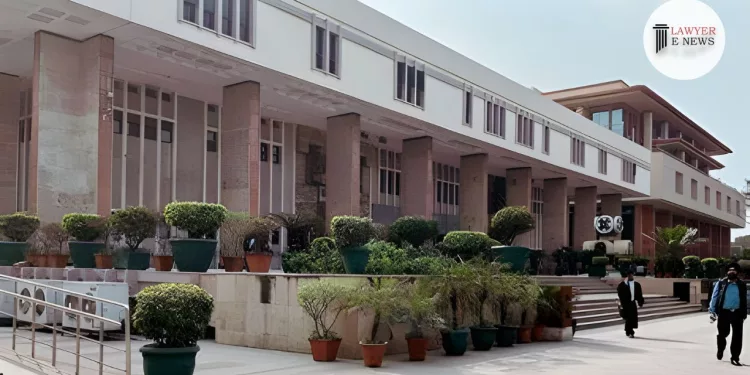Delhi HC Dismisses Writ Petition Against Delhi University’s External Ward Quota Allocation, Upholds Stream-wise Admission Procedure

In a significant ruling, the Delhi High Court today dismissed a writ petition challenging the revised allocation under the External Ward Quota (EWQ) in Delhi University. The petition, filed by Sameer Singh, a minor, through his father, questioned the allocation process for admission to the B.A. (Hons.) History course in Hindu College. The case revolved around the interpretation of Delhi University’s ward quota admission policy and its adherence to procedural norms.
Justice C. Hari Shankar, presiding over the case, observed, “There was no inflexible rule that, before admitting a second student to any one course in a particular cluster, first admission to other course had to be exhausted.” This observation was pivotal in the court’s decision, which found the University’s allocation process to be in compliance with established policies.
The petitioner was initially allocated to the B.A. (Hons.) History course in Hindu College but later revised to SGTB Khalsa College. He contended that the allocation should be course-wise as per the Academic Council meeting minutes dated 27th November 2020. However, the University defended its position by arguing that the allocation followed a stream-wise basis, a procedure based on a file noting dated 4th November 2022 and approved by the Vice-Chancellor.
In his judgment, Justice Shankar noted, “The Admission Branch’s resolution dated 4 November 2022, which was approved up to the Vice-Chancellor, and which was also decided to be followed for 2023-24, merely worked out a manner in which the admission to the quota of 8 students… was to be made. In so doing, it did not infract any of the said decisions taken in the AC meeting dated 27 November 2020.”
Further clarifying the court’s stance, the judge added, “Failure to meet the minimum eligibility criteria as declared by the University is one of the grounds on which the admission can be cancelled. Even otherwise, an admission which is made contrary to the applicable instructions/decisions can always be rectified.”
The judgment is a reaffirmation of the University’s autonomy in determining its admission policies and procedures. The court’s decision to dismiss the petition highlights the importance of adhering to established academic norms and regulations.
Date of Decision: 30 January 2024
SAMEER SINGH MINOR THROUGH HIS FATHER VS UNIVERSITY OF DELHI & ANR.






